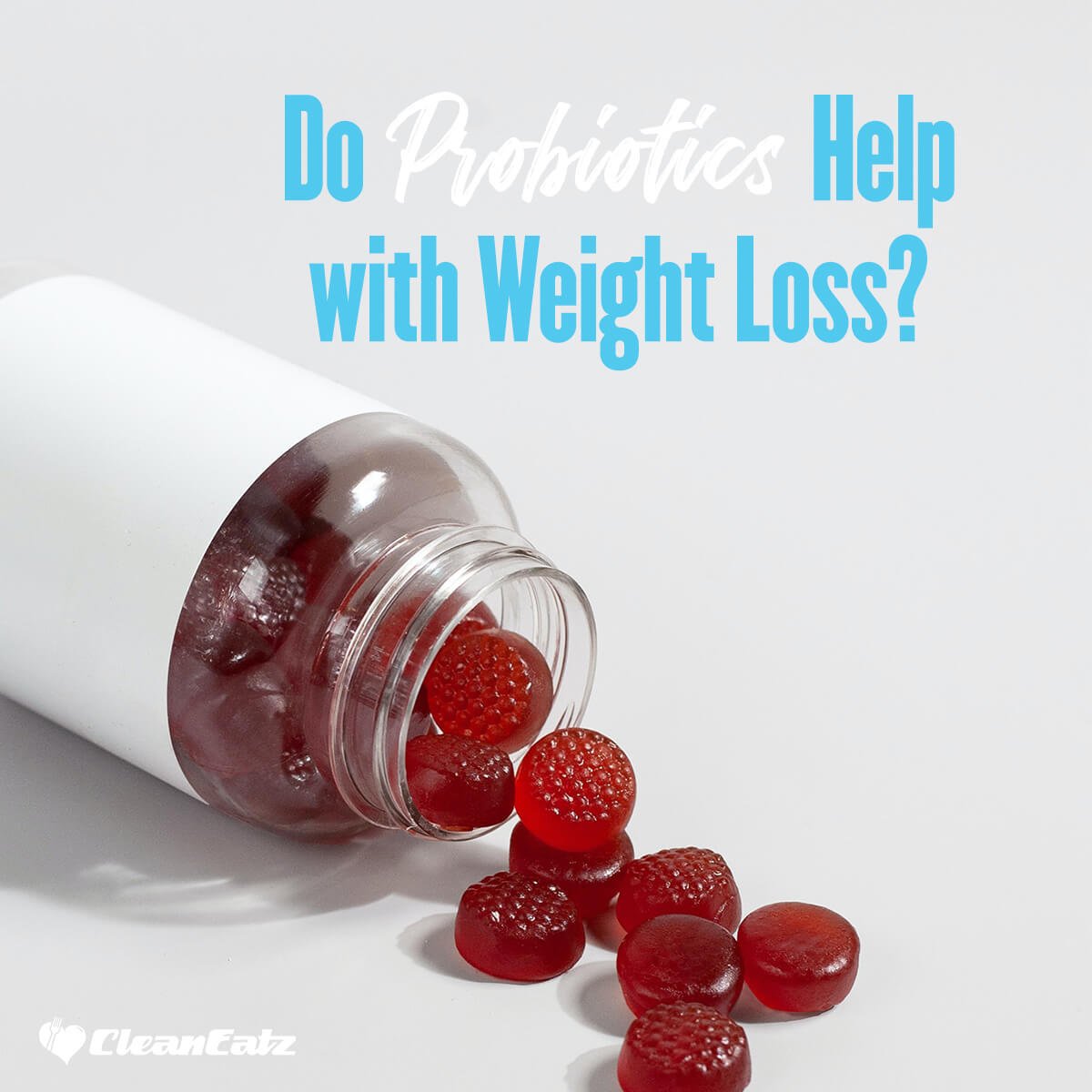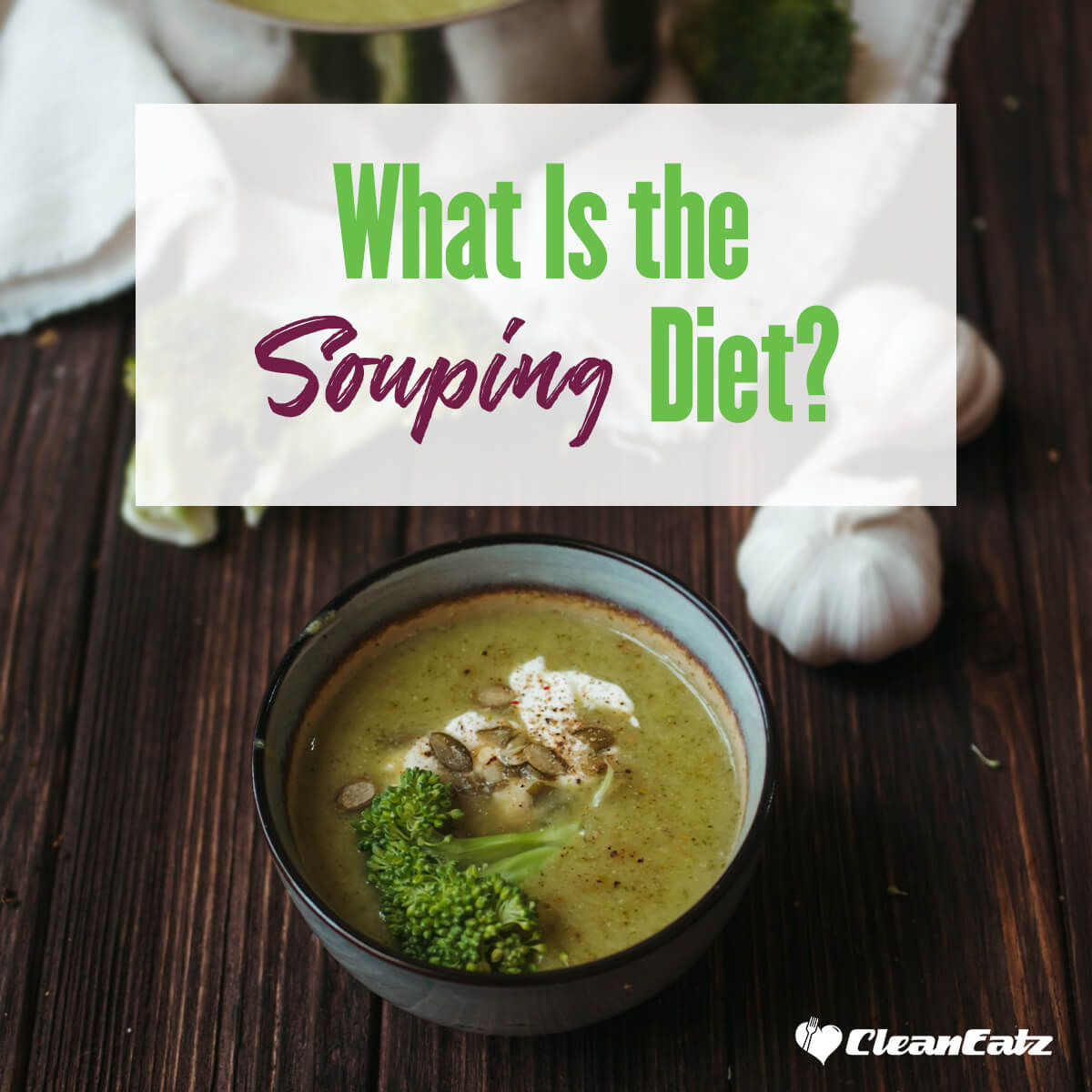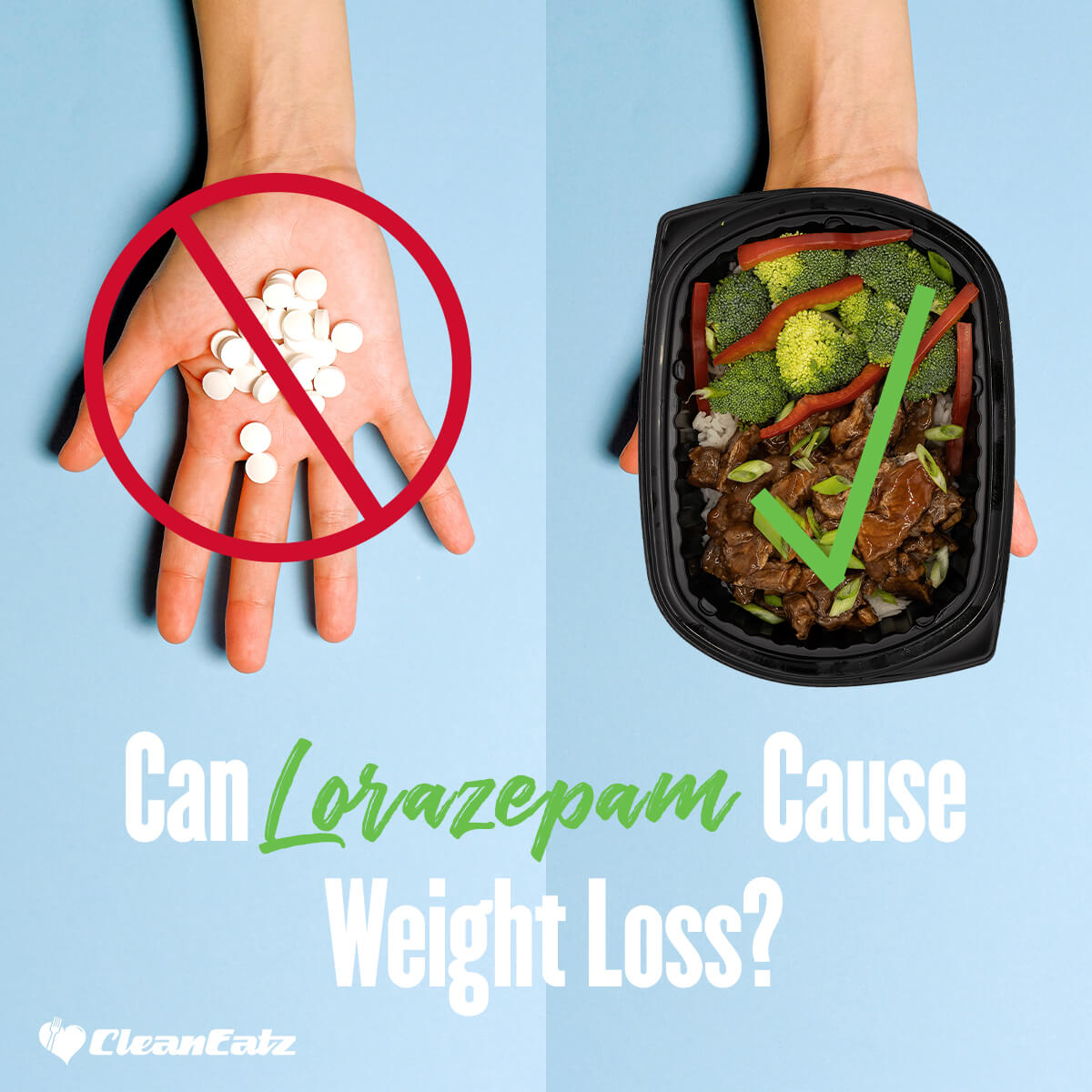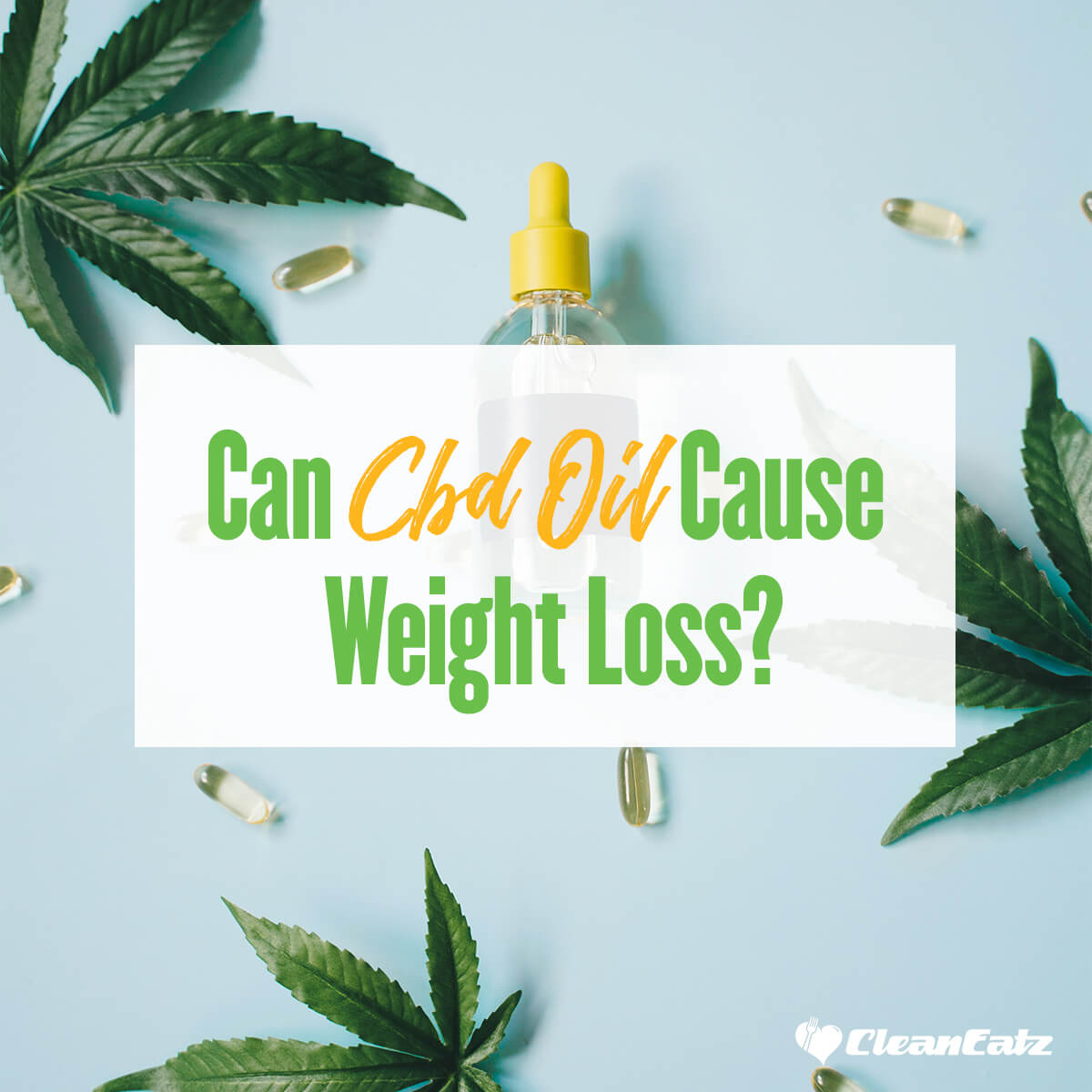
Probiotics for Weight Loss: Regulate Your Appetite The Healthy Way
Dorothy M. Shirnyl, RND
Nutrition
|
Weight Loss
9 minute read
Have you been struggling to lose weight, despite your best efforts? You might be interested in trying probiotics, which are live microorganisms known to have many health benefits. Probiotics for weight loss might help you stay fit and healthy at the same time.
Whether you're a seasoned health enthusiast or just starting on your weight loss journey, there's something in this article for everyone. In this post, we'll explore the following points:
- How can probiotics help with weight loss?
- The best natural sources of probiotics for weight loss
- How about probiotic supplements?
- How to incorporate probiotics into your diet?
- Risks and side effects of probiotics
How Can Probiotics Help with Weight Loss?
In this article section, we'll explore how probiotics can impact weight loss. Here are some points that could be included:
Improving gut health
The gut microbiome is a complex ecosystem of microorganisms that live in the digestive tract. Probiotics can help promote the growth of beneficial bacteria in the gut, improving digestion, reducing inflammation, and enhancing the body's ability to absorb nutrients.
Researchers have observed that people with more diversified microbiomes are healthier than those with less diverse ones.
In another study, it was found that participants who took a probiotic supplement for 8 to 12 weeks significantly reduced body weight, body mass index (BMI), and waist circumference compared to a placebo group.
Reducing inflammation
Chronic inflammation has been linked to various health issues, including obesity. Some strains of probiotics (Lactobacillus and Bifidobacterium) have been shown to reduce inflammation in the body.
Researchers found that taking a probiotic supplement containing Lactobacillus acidophilus and Bifidobacterium lactis for several weeks reduced C-reactive protein (CRP), a marker of inflammation, in overweight and obese individuals.
Regulating appetite and metabolism
Some studies have suggested that probiotics can help regulate appetite and metabolism, leading to weight loss.
Research found that overweight adults who took a probiotic supplement containing Lactobacillus rhamnosus had significant reductions in body weight, BMI, and fat mass compared to a placebo group. The probiotic group also had lower levels of the hunger hormone ghrelin and higher levels of the satiety hormone leptin, suggesting that the probiotics may have helped to regulate appetite.
It's important to note that while these studies are promising, more research is needed to fully understand how probiotics impact weight loss. However, incorporating probiotic-rich foods and supplements into your diet can still have many other health benefits beyond weight loss, such as improved digestion and immune function.
The Best Natural Sources of Probiotics for Weight Loss
Probiotics are found in certain types of foods. Incorporating these foods into your diet can provide a natural way to increase your intake of beneficial bacteria. So where can you get probiotics?
Yogurt
Yogurt is one of the most popular and well-known probiotic-rich foods. Look for yogurts that contain live and active cultures, such as Lactobacillus bulgaricus and Streptococcus thermophilus. Greek yogurt is also a good choice as it is high in protein and lower in sugar than other yogurts.
Kefir
Kefir is a fermented milk drink similar to yogurt but has a thinner consistency. It contains a diverse range of beneficial bacteria and yeasts that can help to support digestive health. Kefir is also a good source of calcium and protein.
Sauerkraut
Sauerkraut is a product from fermented cabbage and is an excellent source of probiotics and vitamins C and K. It's essential to choose unpasteurized sauerkraut. Why? A product that has undergone pasteurization can kill off the beneficial bacteria.
Kimchi
Kimchi is a traditional Korean fermented dish comprising mainly of cabbage, radishes, and cucumbers. It contains a variety of probiotic strains and is also a good source of fiber and vitamin C.
Kombucha
Kombucha is a popular healthy fermented tea drink that contains probiotics, antioxidants, and other beneficial compounds. Choosing high-quality kombucha that contains live and active cultures and has not been overly processed or pasteurized is essential.
How About Probiotic Supplements?
While many people prefer to get their probiotics from food sources, dietary supplements can be a convenient and effective way to increase your intake of these beneficial bacteria. Probiotic supplements are available in various forms, including capsules, powders, and liquids.
Choosing a high-quality probiotic supplement can be challenging, as many brands and formulations are on the market. However, there are several factors you can look for to ensure that you are getting a product that is both safe and effective:
Strain diversity
A high-quality probiotic supplement should contain multiple strains of beneficial bacteria. Different strains have different health benefits, so look for a supplement that includes a diverse range of probiotic strains.
Colony-Forming Units (CFUs)
CFUs measure the number of viable bacteria in a probiotic supplement. Look for a supplement that contains at least 10 billion CFUs per serving.
Shelf Stability
Probiotic supplements are only effective if the bacteria they contain are alive and can stay viable through the digestive process. Look for a shelf-stable supplement, meaning the beneficial bacteria can survive at room temperature without refrigeration.
Third-Party Testing
Look for a supplement tested by a third-party laboratory for purity and potency. This can help ensure that the product contains what it claims to and is free from harmful contaminants.
Packaging
Probiotic bacteria are sensitive to moisture and oxygen, so look for a supplement that is packaged in a way that protects the bacteria from these elements. For example, some probiotic supplements are packaged in individual foil packets to prevent exposure to moisture and oxygen.
In addition to these factors, choosing a reputable brand that uses high-quality ingredients and follows good manufacturing practices is crucial.
As a tip, research, read product reviews, and consult a healthcare professional if you have any concerns about choosing a probiotic supplement.
How to Incorporate Probiotics Into Your Diet?
Adding probiotics to your diet can provide numerous health benefits, including supporting weight loss. However, incorporating probiotics into your diet can be overwhelming, especially if you need to familiarize yourself with probiotic-rich foods.
In this section, we'll provide practical tips for incorporating probiotics into your meals and snacks:
Start small
If you're new to probiotics, starting with small amounts and gradually increasing your intake is a good idea. This can help to prevent digestive discomforts, such as bloating and gas.
Add probiotic-rich foods to your meals
Probiotic-rich foods can be incorporated into many meals and snacks. You can try these interesting food preparation ideas:
-
Add yogurt to your breakfast. Yogurt is a classic source of probiotics and can easily be added to your breakfast routine. Look for plain yogurt with live and active cultures, and add fresh fruits and honey for sweetness.
-
Mix kefir into smoothies. Add a scoop of kefir to your morning smoothie for a boost of beneficial bacteria.
-
Make kimchi fried rice. Use it to make a bowl of flavorful and probiotic-rich fried rice.
Make your own fermented foods
If you're feeling adventurous, you can make your own fermented foods, such as kefir or sauerkraut. This can be a fun and satisfying way to add probiotics to your diet.
Consider a probiotic supplement
If you cannot get enough probiotics through your diet or want to ensure that you're getting a consistent dose of specific strains, consider a probiotic supplement. When choosing a supplement, look for one with live and active cultures, and consult a healthcare provider before starting.
Risks and Side Effects of Probiotics
While probiotics are generally safe for most people, it's essential to be aware of the potential risks and to use them safely and effectively. Let's take a closer look at some of the potential risks of probiotics.
Gastrointestinal symptoms
When first starting probiotics, some people may experience digestive discomforts, such as bloating, gas, or diarrhea. These symptoms are usually mild and resolve independently within a few days.
Interactions with medications
Probiotics can interact with certain medications, including antibiotics and immunosuppressants. If you're taking medication, it's essential to consult with a doctor before starting a probiotic supplement.
Allergies
In rare cases, people may experience an allergic reaction to probiotics. Symptoms may include itching, swelling, or difficulty breathing. If you experience these symptoms, stop taking the probiotic and seek medical attention.
Contamination
Some probiotic supplements may be contaminated with harmful bacteria, which can cause infections. Choosing high-quality, reputable brands and storing probiotics properly to prevent contamination is essential.
Final Thoughts
Probiotics for weight loss offer a promising avenue for those struggling with shedding excess pounds. By improving gut health, probiotics promote the growth of beneficial bacteria, enhancing digestion, reducing inflammation, and boosting nutrient absorption.
Incorporating probiotics gradually, adding them to meals, making fermented foods, and consulting a healthcare professional can ensure a safe and effective integration. Although generally safe, it's important to be aware of potential risks like gastrointestinal symptoms, medication interactions, allergies, and contamination, and take necessary precautions.
FAQ
How much should I take probiotics for weight loss?
The optimal dosage of probiotics varies depending on the individual and the specific strain of bacteria. It's best to follow the recommended supplement label dosage or consult a healthcare provider.
Can probiotics replace a healthy diet and exercise for weight loss?
Probiotics are not a substitute for a healthy diet and exercise. While they may help support weight loss efforts, it's crucial to maintain a balanced diet and engage in regular physical activity for long-term weight management.
Are there any contraindications for taking probiotics?
Probiotics are generally safe for most people, but individuals with weakened immune systems or severe underlying health conditions should consult a healthcare provider before taking probiotic supplements.
What bacteria helps with weight loss?
Akkermansia muciniphila and Christensenella minuta are the two bacteria types that are usually found in fit body types.
Is it ok to take probiotics daily?
Yes, it's safe and is actually recommended by doctors.
Related Articles
Is Soup Good for Weight Loss? Key Points of Souping Diet
8 minute read
Can Lorazepam Cause Weight Loss?
8 minute read
How Effective Can CBD Oil for Weight Loss Be?
11 minute read



